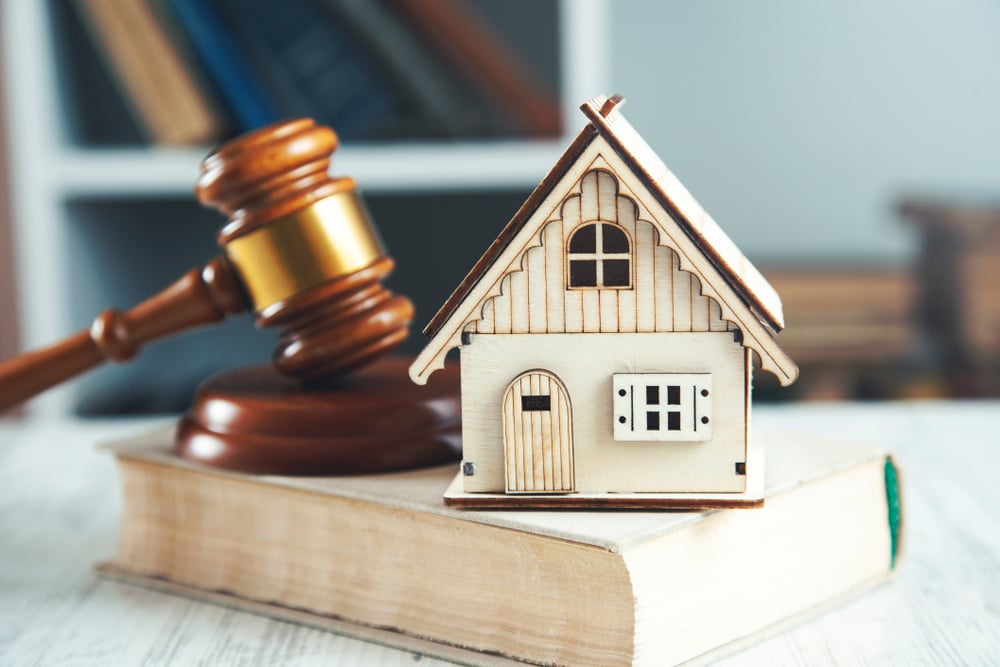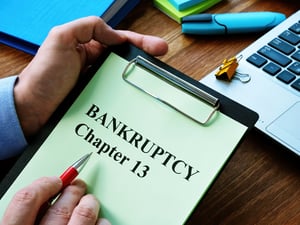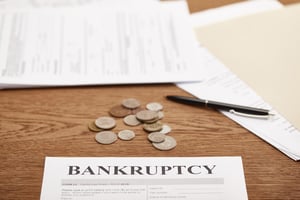WHAT HAPPENS WHEN I HIDE ASSETS AWAY FROM A TRUSTEE IN BANKRUPTCY?
In most bankruptcy cases, the debtor has no problem disclosing their assets to a trustee. We hear concerns from time to time about the possibility of losing an asset to a trustee, which can lead to the question: Do I have to disclose the asset? Bankruptcy schedules must be signed under penalty perjury to confirm that all assets are listed. You cannot choose which assets you want to disclose. You must disclose every asset, anywhere in the world. What happens if a debtor conceals ownership of a property? A debtor who conceals assets intentionally will likely lose his discharge under Sections 727(a), 1328(e), and possibly be prosecuted for fraud. Any debtor who conceals assets will likely lose their discharge and be prosecuted as a criminal.
Honest creditors receive discharges from bankruptcy. Dishonest creditors do not. Do not file bankruptcy if you refuse to disclose your assets, debts and financial affairs. So simple. This does not happen very often. Debtors do occasionally forget assets, but it is not intentional. Debtor forgot that they owned the asset. The asset is disclosed, the trustee can administer it, and creditors aren’t harmed. In the case where the debtor deliberately conceals an asset, the creditors and judicial system suffer.
If bankruptcy is something you’re considering, you should not file bankruptcy until you’re willing to disclose all of your assets, debts and financial affairs. If you do anything less, it is a violation of your oath. You must sign the schedules under penalties of perjury that all assets, debts and financial affairs have been fully disclosed.
CALL NOW FOR A FREE STRATEGY SESSION FROM AN MN BANKRUPTCY LAWYER AT LIFEBACK LAW FIRM
When the time is right, or when you are ready to get your life back, reach out to Minnesota’s most kind and helpful bankruptcy law firm by going now to
www.lifebacklaw.com. https://www.youtube.com/watch?v=aECuB_9efh8






